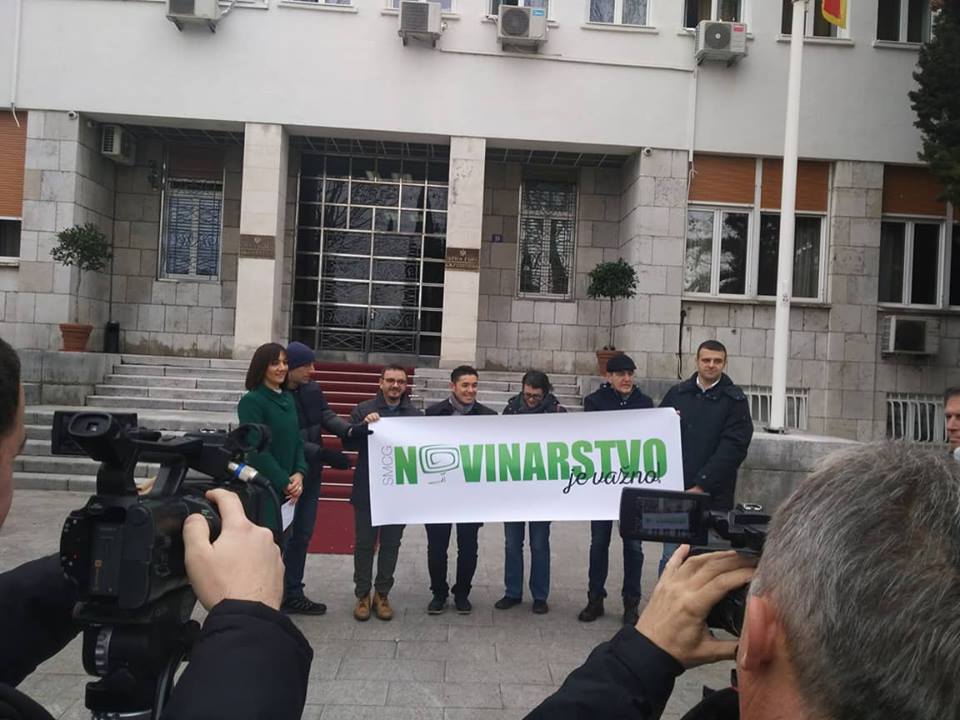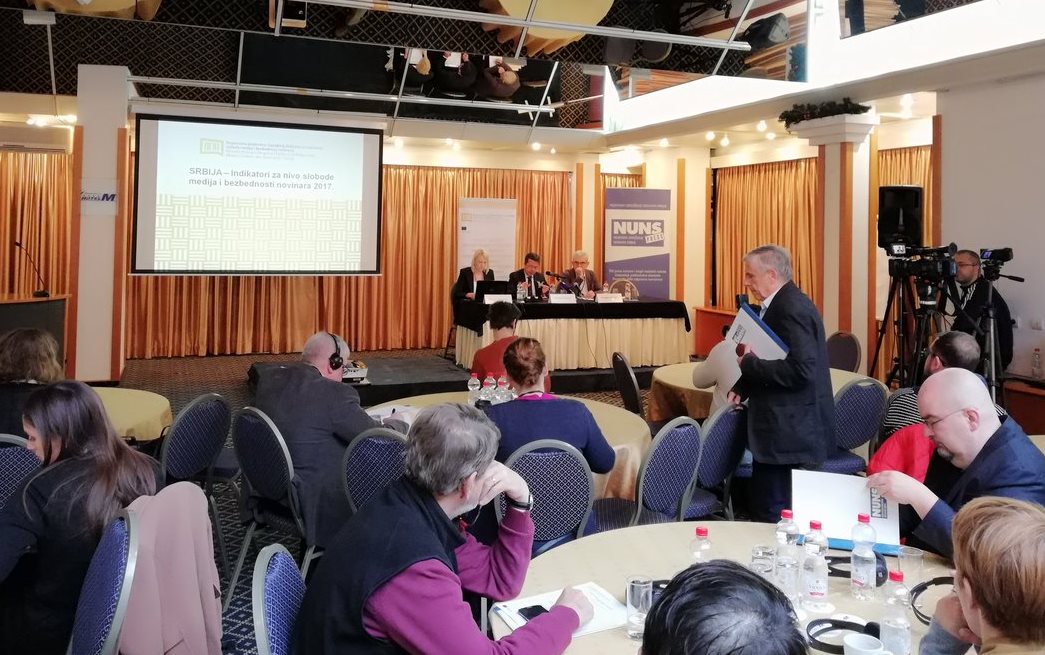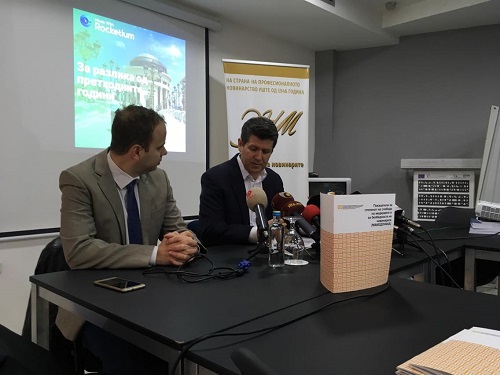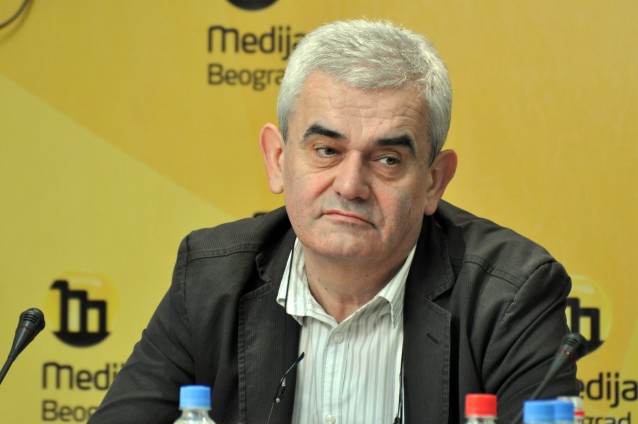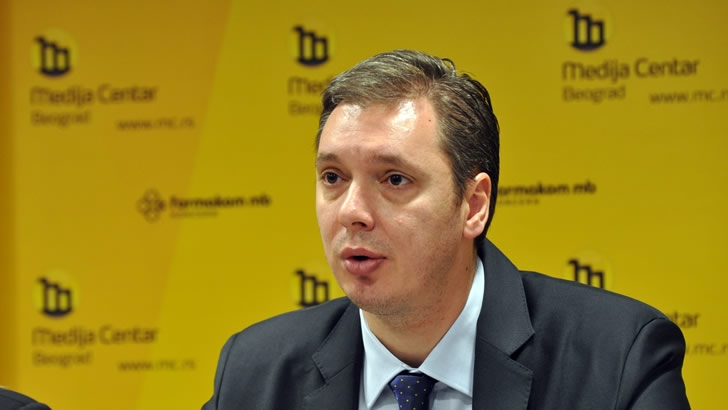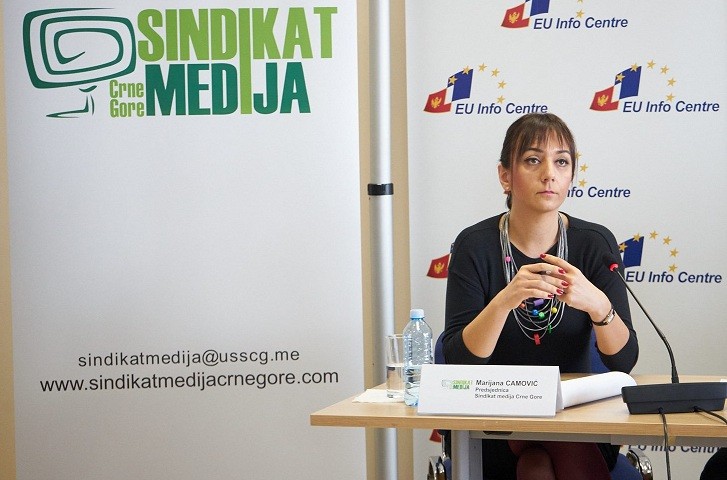SARAJEVO, 22.01.2018.-It would indeed be encouraging if the issue of rights of the journalist in 21st Century would primarily be covered and analyzed in terms of the elimination of censorship and auto-censorship, including the incensement of free and liberated non biased reporting and associated fairy tales.
Unfortunately, until this dream becomes true, we must, in the first place, face painful facts, indicating that we are in fact at the very initial stage of the media development process. First of all, we have no information about basic facts and have no information regarding the fundamental statistical data such as; the number of journalists operating in BiH media market, number of media houses operating in BiH market as well, their (media houses) ownership structure (on who – owns – whom/what basis) and information about wages/salaries journalists (should) receive while performing their duties and doing their work.
We don’t know how journalists live nowadays, how many of them are engaged in more than one / single project, how much do freelancers earn, who amongst them receives tax – free money based on cash-in-hands payments and how many of them work on copyright contracts basis as well. What else don’t we know? Can journalists afford to receive proper medical treatment and to be hospitalized if necessary and how can this be done? Are they victims of mobbing methods imposed against them by their editors and media entrepreneurs? How many hours a week they have to work, do any of them receive overtime money, bonuses etc. How many journalists have to work over the holidays and do any of them receive extra bonuses for that? How many journalists have to work as photographers as well? How many reporting stories can they make per month and how many days off they have during a single month?
We don’t have precise answers to any of the above questions. Instead, we only have approximate and partial, but unreliable information concerning the insignificant number of journalists and how they work and live, while the majority of them struggle while being forced to work without contracts and associated rights, often being blackmailed and forced to work for modern slaveholders with no rights to have their own say. Establishing of vast number of media houses (apparently there are over 1100 media houses in BiH including around 1000 news-based websites), with minimum investing, links and ties between commercial and political interests, the growing and increasing ownership concentration, inferiority in technological terms have altogether resulted in the present situation concerning almost all journalists in BiH.
Furthermore, there has been no difference in terms of weather BiH journalists work for public broadcasting services and agencies or work for private media houses. Their treatment is practically the same regardless to weather their entrepreneurs are “public” (state-appointed) persons or some recent rich “businessmen”; either way their rights are denied often with mobbing included, their wages and salaries are miserable and not in paid in time, superannuation (pension and retirement funds) payments also almost do not exist and the quantity of duties they are assigned with is continually increasing. Based on all of the above-listed reasons and facts, one could conclude that present and current journalism in BiH has become a field of total exploitation of thousands of people working in one of the most stressful and most demanding areas and their say and their voices cannot be seen or heard nor they are “registered” as workers or employees.
Additionally, the fact that media entrepreneurs and their editors have access to unlimited number of students (which they may engage any time they like), unemployed journalists with degrees in journalism and graduates with similar and relevant social degrees knowing that almost all of them would be happy to write or make reports for symbolic amount of money, does indeed outline the current situation as far as journalism in BiH is concerned. Watching for an opportunity to prove themselves and get a proper job and work as journalists or public relations officers, journalists often spend an entire decade being engaged as underrated casual employees with absolutely no possibility to make career advancement whatsoever. Media disorder in BiH, unclear ownership structure of TV houses, radio stations and websites, political influences and pressures imposed against journalists, including the vast number of people that would accept to work for minimum amount of money in order to grab the opportunity to eventually become full time employees in few years time, have altogether resulted in a complete instability and uncertainty, as far as the journalists’ existence in BiH is concerned.
Considering the nature of their work, completely unrealistic deadlines they are forced to comply with and great, but unreal expectations from their editing offices; employees are, at the end of the month, left with paid money (which in fact is less then what low – profile workers and people with very limited educational background get paid on monthly basis) and they are consequently forced to use whatever time left they have to seek for additional work thus earning extra money elsewhere. Journalists work a lot more than they get paid, their wages and salaries are often not paid in time and they also receive partial payments. They are forced to look for additional work because they are economically ruined, blackmailed and left out with the very low level of self – confidence. They live very stressful lives; they are imposed with pressure at different levels, frustrated and fear for their jobs they dare not to even speak about their statuses and positions thus wasting significant time and years of their lives.
More absurdly, journalism is gradually turning into a female occupation in BiH and this accordingly produces economic and financial position female journalism employees are in actually displaying the reflection of the above-mentioned attitude and facts. The following, rather a legitimate question emerges accordingly: ”How come journalists are then not fighting for their own rights when they are aware of workers’ and labor rights of other workers in other fields (being heavily violated), about which journalists make regular reports?” One of the answers to this question may include the fact that they (journalists) have been blackmailed and disarmed (whilst spinning few coins in their rather empty pockets) being, at the same time overloaded with work they had been assigned with and deadlines that are always met just in time, journalists find very difficult to think thoroughly about their own (labor) rights. On the other hand, journalism, as an occupation, is not considered and generally treated as proper job at all, instead, it is generally treated as hobby and some kind of additional, extra or simply (part-time) job and anyone with talent in journalism is thus not considered as genuine journalist, instead he/she is generally and often publically treated and declared as public star.
Ironically speaking, one could not expect from journalists to make reports about their own (violated) rights, when there are other “priorities”’ to handle such as most teachers in BiH (including both primary and secondary schools), medical workers (including doctors, nurses, technicians and others) and other workers (various fields and branches) about whose rights journalists make reports on regular basis. Journalists are obviously more concerned about rights of others that about their own rights. Unfortunately, they become aware of their violated rights when it is already too late to regret and think about it; that is, they begin to think and are seriously concern about this whole issue when they get sacked, when they lose their jobs, jeopardize and endanger their good health (often losing both, job and good health), when they become parents, get children and when they begin to stress out about bank loan repayments they have to pay and so on. Media scene development in BiH is therefore based on the exploitation of employed journalists and other associated workers (staff) in the media field, with deliberate creation of chaos and imperative of political influence.
As a result, one could be taking into consideration the above mentioned chaotic conditions, speak about the commencement of media scene which should actually begin with its initial stage and shape its profile. This may actually occur only if we stop overstepping the stairs and begin with taking one step at the time: eventually, it may stop once we gather around and become massive in terms of numbers, just as workers in other fields do. Associations and Journalists’ Clubs, (unions/syndicates in particular), indeed represent perfect initial points to launch and begin the fight for gaining decent work/labor conditions for all journalists. The present state officials (considering their will to help) will certainly not take care of those that fail to take care about themselves, particularly they will definitely not express their concerns and take care about journalists, since they consider journalists as obstacles, rather than regular and decent workers.
This text is a part of E-Bulletin– third edition of special serial of BHN online bulletin implemented through the “Media and Public Reputation” (origin. “Mediji i javni ugled”) project, also representing a contribution to public debate regarding the transparency of media ownership and upholding and encouraging the passing of set of laws aimed to advance media field and information market in BiH.




